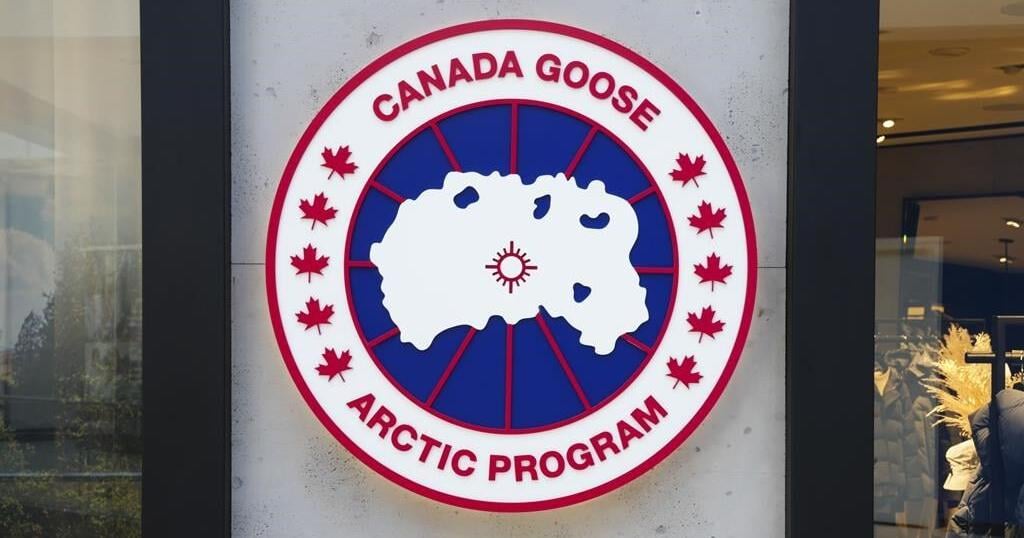Oil prices are trading up Thursday following the release of U.S. inflation data for December, showing a continued slowdown in the Consumer Price Index (CPI) climb and an annual inflation rate that was the slowest since October 2021.
The CPI-U (the price index for All Urban Consumers) declined 0.1% in December on a seasonally adjusted basis, following a 0.1% increase in November, according to the U.S Bureau of Labor Statistics (BLS).
The CPI-U has increased 6.5% before season adjustment for the last 12 months; however, this was the smallest 12-month increase since the period ending October 2021.
The December decrease is largely due to the index for gasoline, which offset other increases. The food index saw a 0.3% increase over December, while the energy index saw a 4.5% decrease for the same time period. Within the energy index, gasoline declined while other components increased, the BLS noted.
What economists are largely tuned into with this data is the consumer price index less food and energy, which provides a more accurate reading of “underlying price trends”, according to the New York Times.
The BLS shows that the particular inflation figure increased 5.7% in December, YoY, down from 6% in November.
The inflation data is optimistic and lends impetus to oil prices.
Oil prices started trading higher ahead of the inflation data, gaining as much as 3% late on Wednesday, also buoyed by optimism over China’s reopening–despite the uncertainty surrounding new infection rates and deaths.
By Thursday morning, some of those gains had been trimmed, with Brent crude trading up 1.37% at $83.80 per barrel on the day as of 10:32 a.m. EST, and WTI trading at $78.34, up 1.20% on the day.
By Charles Kennedy for Oilprice.com

























